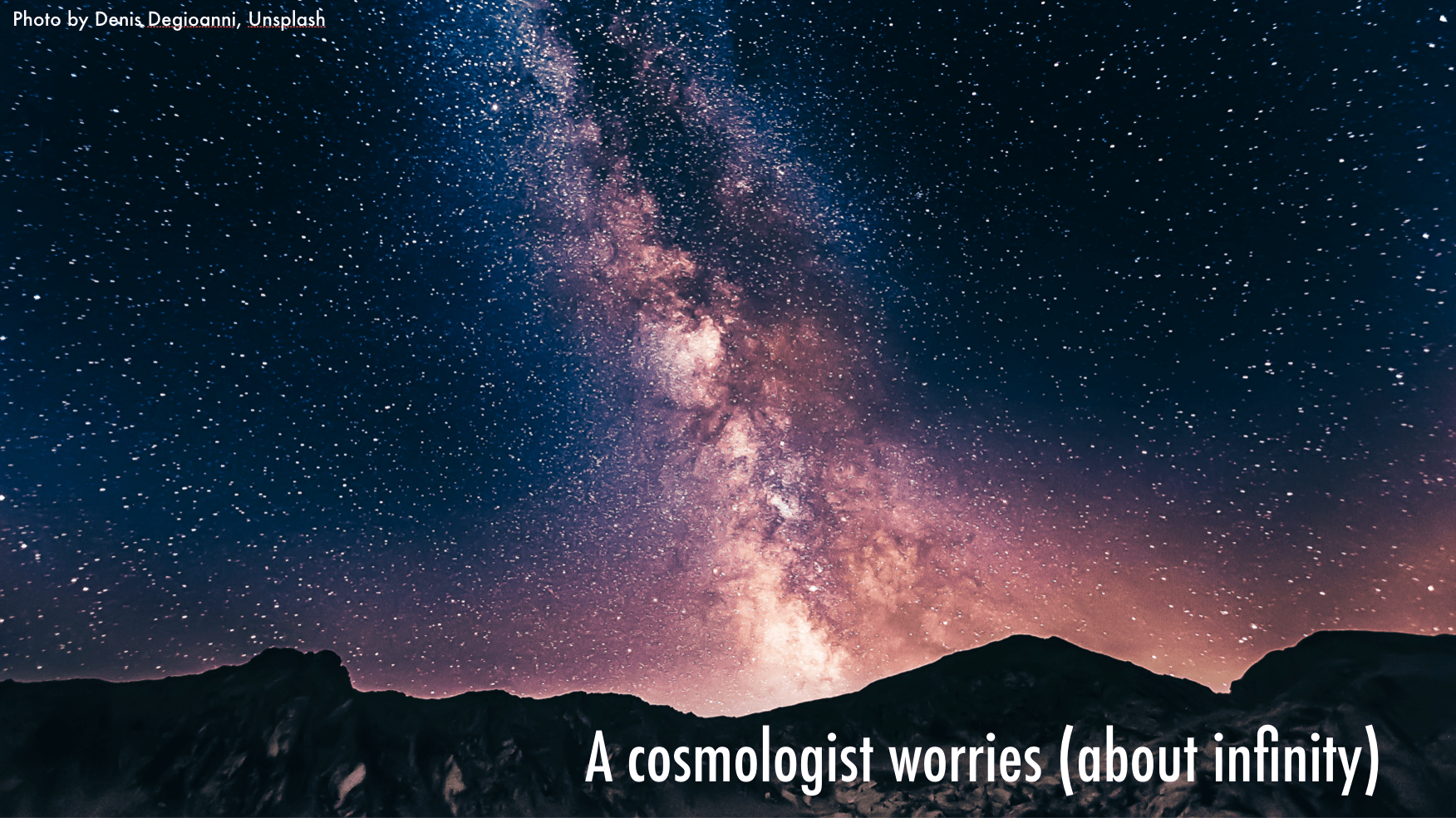I was recently interviewed by Wired magazine for a story about Sugata Mitra’s (of Hole in the Wall fame) experiments with minimally invasive learning, or more recently what are called SOLE (Self Organized Learning Environment) classrooms / schools. I have been skeptical of the Hole in the Wall work and though there is much I agree with the SOLE concept (focus on big open-ended questions, student autonomy etc.) there is also a lot I disagree with. More specifically, in my interview I took exception to the idea that in todays classroom’s and with the availability of the internet, “knowledge is obsolete.” To be honest that is a really dumb idea—to think that knowledge is merely looking up and connecting facts together without broader theoretical frameworks and without serious intellectual work. Some of what I talked about with the author of the piece (and it was a great conversation where we covered a lot of ground) ended up in the article. There is so much more to say or write about this but for now you can read the entire article and what I had to say about that idea by going here: In this classroom, knowledge is overrated (also available as a PDF)
Enjoy.





0 Comments